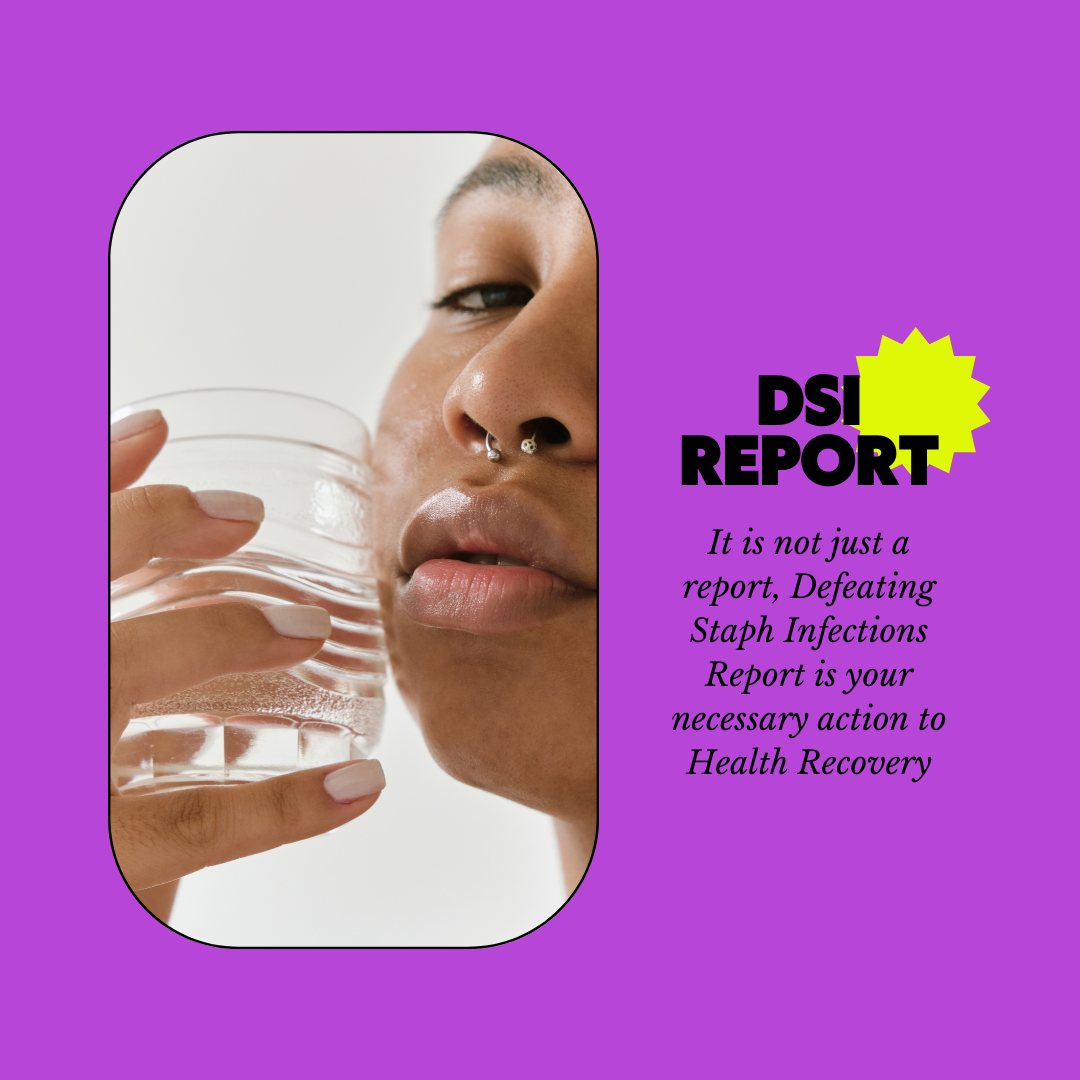Why is it important to properly manage chronic conditions to prevent Staphylococcus infections?
Preventing Staphylococcus infections in hospital settings is crucial given the high-risk nature of these environments, where patients may be particularly vulnerable to infections due to weakened immune systems, surgical procedures, or indwelling devices. Healthcare workers play a key role in infection prevention and control. Here are essential practices they should follow:
1. Hand Hygiene:
This is the single most effective way to prevent the spread of infections. Healthcare workers should practice meticulous hand hygiene by washing hands with soap and water for at least 20 seconds or using an alcohol-based hand sanitizer before and after patient contact, after removing gloves, after touching potentially contaminated surfaces, and before performing any sterile procedures.
2. Use of Personal Protective Equipment (PPE):
PPE such as gloves, gowns, masks, and eye protection should be used based on the risk of exposure and the type of activities being performed. Proper donning and doffing of PPE are crucial to prevent contamination.
3. Environmental Cleaning and Disinfection:
Regular and thorough cleaning and disinfection of the environment and patient-care equipment are essential. This includes frequently touched surfaces, such as bed rails, bedside tables, door knobs, and medical equipment.
4. Aseptic Technique:
Employ aseptic techniques during procedures, particularly invasive procedures or when managing central lines, urinary catheters, or surgical wounds. This involves using practices and procedures to prevent contamination from pathogens.
5. Screening and Decolonization:
In some cases, screening patients for MRSA (methicillin-resistant Staphylococcus aureus) and other antibiotic-resistant organisms upon admission can help manage risks. Decolonization strategies, such as using topical antimicrobial agents, may be recommended based on individual risk assessments.
6. Appropriate Use of Antibiotics:
Practicing antimicrobial stewardship to ensure antibiotics are prescribed only when necessary and that the correct antibiotic, dose, and duration are selected to minimize the development of resistance.
7. Safe Injection Practices:
Ensure that all injections and infusions are performed under strict aseptic conditions. This includes using single-dose vials and disposing of needles and syringes after one use.
8. Patient Education:
Educating patients and their families about how they can help prevent infections, such as through hand hygiene and recognizing signs of infection.
9. Surveillance:
Participating in infection surveillance programs that track infection rates within the hospital. This data is crucial for identifying problem areas and implementing targeted interventions.
10. Staff Health:
Healthcare workers should be encouraged to stay home if they are sick. Vaccinations, like the flu vaccine, should be up-to-date to prevent the spread of infections.
By adhering to these practices, healthcare workers can significantly reduce the risk of Staphylococcus infections within hospital settings, protecting both patients and themselves from potential outbreaks and the severe consequences of such infections.






Post a Comment